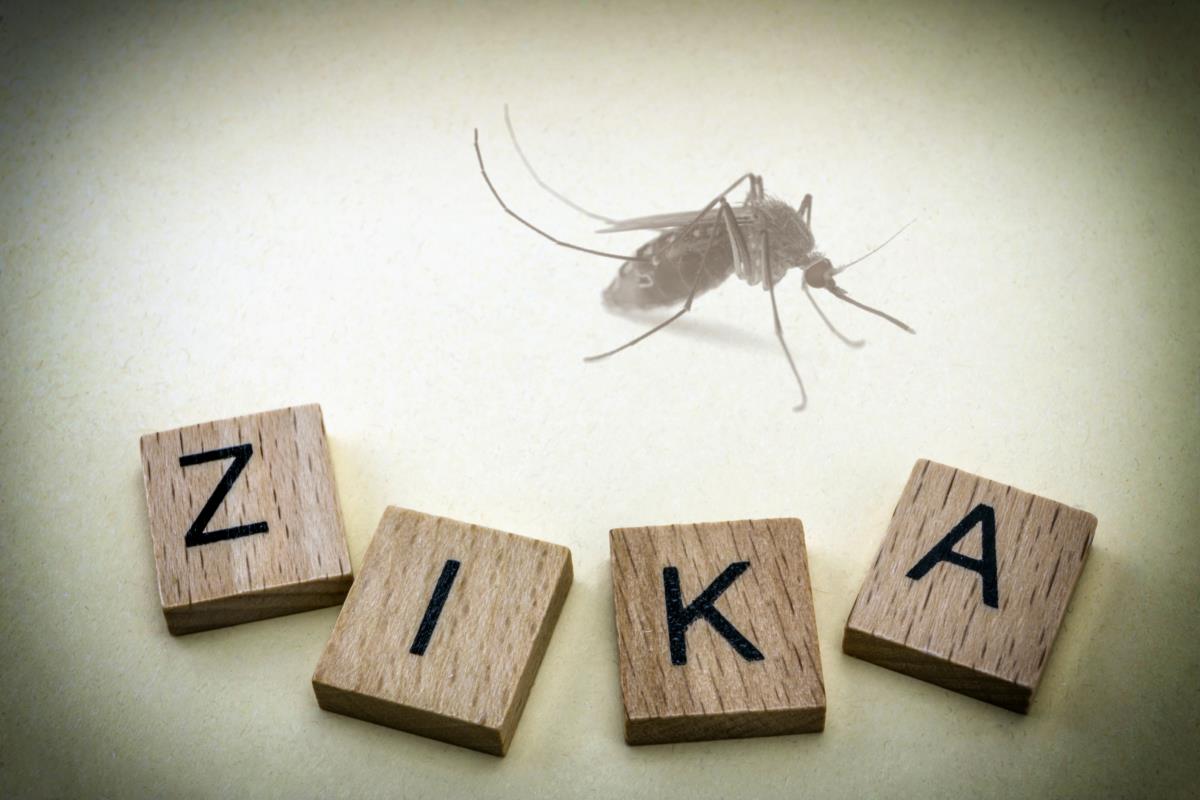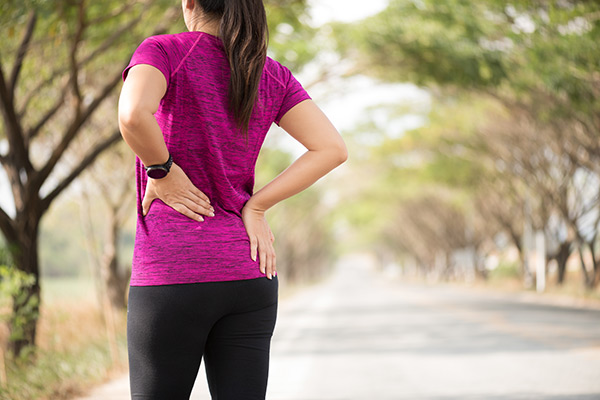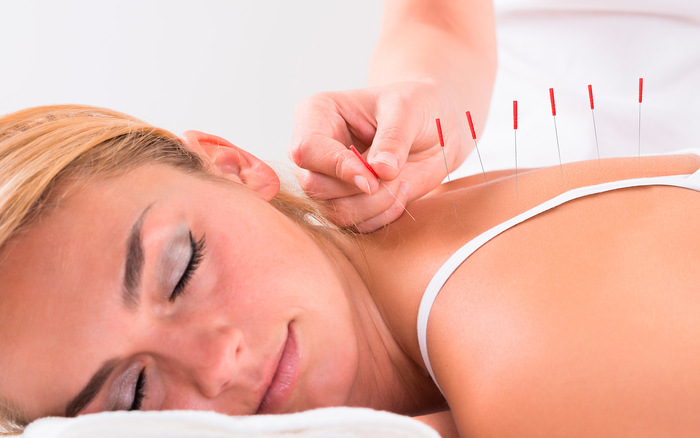Stick to a regular routine, say sleep specialists: 15 Ways to fall asleep faster
12/21/2019 / By Arsenio Toledo

Not being able to sleep quickly is a bad feeling, however many health practitioners consider it a common problem. Sleep specialists often prescribe their patients some natural remedies that can help them fall asleep quicker. Here are 15 things that you should and shouldn’t be doing to ease you into sleep. (Related: 10 natural methods to get a good night’s sleep.)
Start a journal
Before you go to bed, write down a list of things on your mind. These are things you need to work on for the next day. Writing these down helps clear your mind when you get under the covers. Without those thoughts cycling through your head, you’ll fall asleep easier.
Try subtraction
Here’s an exercise you can try: Subtract 1,000 by seven and keep going until you drift off. Dr. Pradeep Bollu, a sleep specialist, says that this takes your mind off of any sleep anxiety.
Move up your dinner
Consider eating heavy meals at least three hours before you go to bed. If you go to bed with a full stomach, your body is still working on digesting your food and will give you a hard time. Furthermore, it can give you terrible conditions such as acid reflux.
Focus on relaxing imagery
A mental exercise can help calm your mind. Think of imagery and experiences that may be pleasant to you, such as walking along a beach, or walking through a meadow. Practice visualizing what you’ll hear, such as the splashing of the waves and the grazing of sheep. These calm images can put your mind to rest.
Consider a sleep app
There are several sleep apps that you can download to help give you a more relaxing sleeping experience. These include meditation apps, white noise apps and programs that provide bedtime stories to gently lull you to sleep.
Turn down the thermostat
Your circadian rhythm, the internal clock that dictates when you sleep, is connected to your core body temperature. According to Dr. Ilene Rosen, a sleep practitioner, turning down the thermostat below 70 F will cool your body down enough to signal your brain that it’s time to sleep.
Don’t stare at your clock
If you can’t sleep, staring at the clock and stressing out about how much time you’ve lost just lying in bed will worsen your anxiety. Turn your clock around or take it out of the bedroom entirely. You don’t need the added pressure.
Consider getting a white noise machine
When picking out what white noise to queue up, avoid turning on the TV or listening to a podcast, as they can potentially engage your brain if the show has a topic you’re interested in. White noise, like music without lyrics, or sounds of nature is the ideal.
The bedroom is for sleeping
Your bed is for sleeping. Bringing in work, a book or a game will confuse the mental associations your mind makes with the bedroom. If you want to read or do an activity to feel sleepy, leave the room and come back when you can no longer focus on what you’re doing. This also works to reinforce your brain’s associations with the bedroom as a place to asleep in.
Avoid caffeine after lunch
The stimulants in coffee and other drinks with caffeine can work well beyond the time you drank it. If you need coffee, take it in the morning. Having caffeine in your system in the afternoon affects your nighttime energy.
Skip the afternoon nap
Using the daytime to catch up on some lost sleep will interfere with how sleepy you feel at night. If you must take a nap, limit it to 30 minutes and avoid doing it late in the day.
Stick to a sleep routine
Parents have a bedtime pattern for their kids involving activities such as reading a bedtime story. The children associate this activity with sleep and will get sleepy because of it. You should develop a routine like this. If your routine is to take a warm shower, brush your teeth and switch on your white noise machine, you should do this every night to reinforce it. Once you begin your routine, your body will start feeling sleepy as it subconsciously associates the set of activities with sleeping.
Exercise earlier
Exercise is good for you. The more energy you expend during the day, the more tired you’ll feel at night. However, hitting the gym late at night can increase your adrenaline and make you feel more alert. If you want to go for a run, do it in the morning.
Avoid screens – phones, laptops, TVs
The presence of the bright blue light emitted by phones, laptops and TV screens impacts your circadian rhythm by making your biological clock think it’s still daytime. This is because the wavelengths from blue light are similar to the ones emitted by the sun. Avoid looking at screens for at least 30 minutes before you go to sleep to minimize its effects.
Talk to a natural sleep specialist
If none of the above tips and tricks still work, consider visiting your closest naturopathic sleep specialist. They will be able to prescribe a specific natural treatment that may work for you, such as giving you functional foods that can help you sleep.
Many of the tips and tricks try to clear your mind and minimize the amount of stress and anxiety you bring to the bedroom. This helps keep your bedroom a serene space for sleeping. Follow these tips and you may just get the high quality sleep that you deserve.
Sources include:
Tagged Under: anxiety relief, brain health, cognitive health, fall asleep faster, good sleep, sleep, sleep anxiety, sleep disorder, sleep problems, sleep quality, sleep tips, stress relief
RECENT NEWS & ARTICLES
COPYRIGHT © 2017 REMEDIES NEWS




















